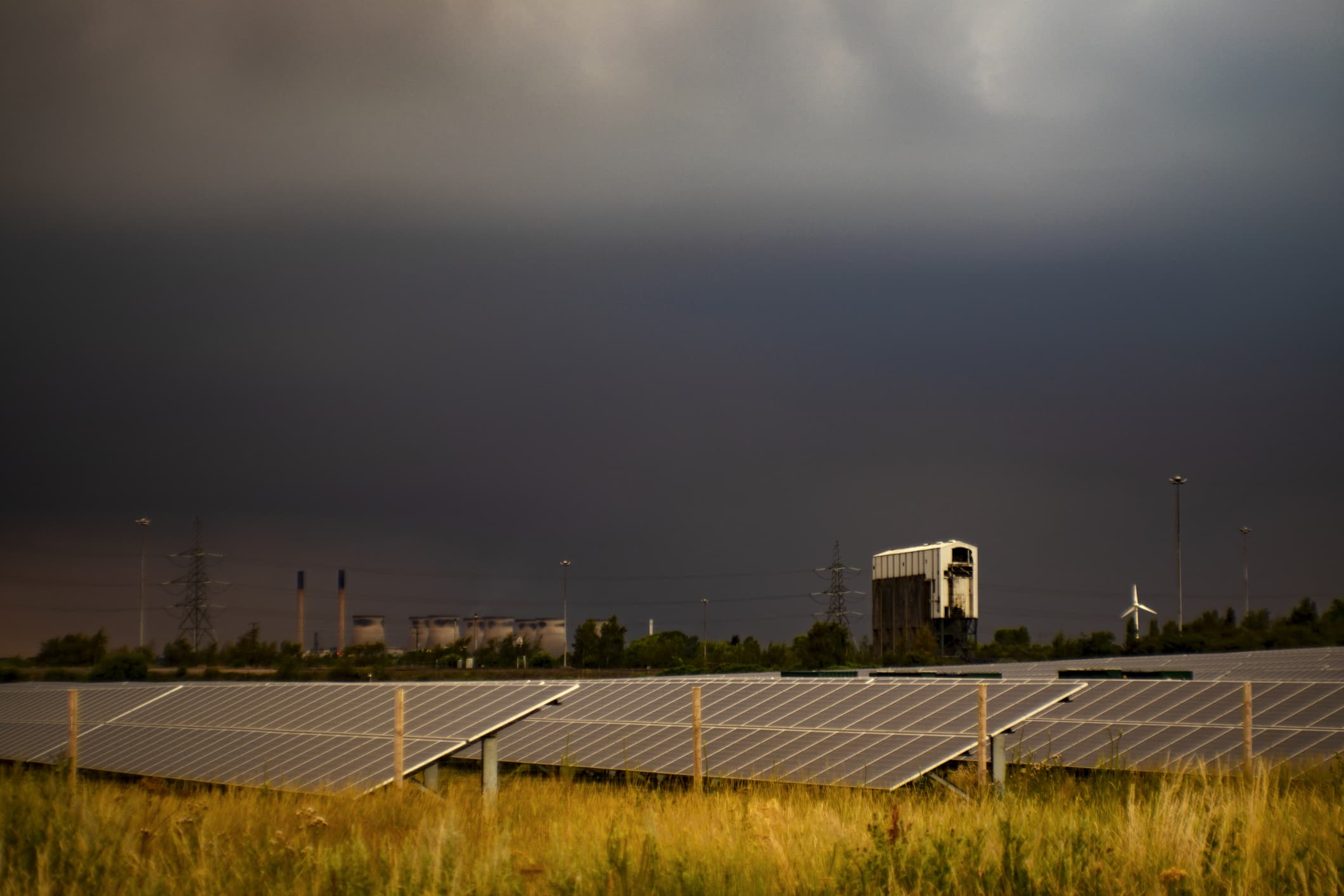Gas is part of the solution in the planet's energy transition, Goldman Sachs strategist says

Gas has an important role to play in the global energy transition, according to the head of EMEA natural resources research at Goldman Sachs.
Speaking to CNBC Friday, Michele Della Vigna said that, in his personal view, gas was "part of the end solution." According to the International Energy Agency, natural gas supplies 22% of energy used globally.
"Renewables make perfect sense up to 50% of the power generation because … you can still manage the unreliability of supply and the timing of demand," he added.
When you go above 50% renewables, he explained, things change. "You can only do it without gas fired powered generation if you put batteries in, and today batteries are not economic, they are not in the right part of the cost curve and their manufacturing process uses materials which are scarce," Della Vigna said.
The term "global energy transition" can be seen as referring to the planet's shift from fossil-fuel based sources of energy to renewable ones such as solar and wind. The International Renewable Energy Agency describes it as a "pathway toward transformation of the global energy sector from fossil-based to zero-carbon by the second half of this century."
While the ambition of the energy transition is huge, it is not an easy process. This is because while sources such as solar and wind are renewable, they do not promise a constant and predictable stream of power.
It's within this context that reliable storage systems will be important to renewables, as they enable the storage of energy when it's available and then its usage when required.
Della Vigna floated the idea of a "long-term solution" of renewables, gas fired power generation and some level of carbon dioxide sequestration.
Earlier this month, Della Vigna co-authored a report from Goldman Sachs which said the energy transition could need as much as $30 trillion of investments in clean energy infrastructure by the year 2040 in order to limit global warming. The report said that renewable power and fuels, electric mobility, carbon capture initiatives and a structural upgrade of power networks were "set to reshape the energy industry."
Read More
No comments